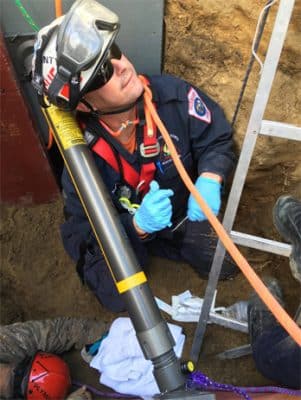The images of September 11, the Boston Marathon bombing, the Ariana Grande concert bombing, the Pulse nightclub shooting or the Grenfell Tower fire are disturbing and upsetting for most people. But for fire fighters and paramedics whose job it is to respond to these events — these images can be recurrent and unrelenting, causing serious disruptions to daily life.
Throughout a fire fighter or paramedic’s career, traumatic images may be compounded and contribute to post-traumatic stress disorder (PTSD). PTSD can cause insomnia, as well as flashbacks during the day that seem as if the trauma is re-occurring. Untreated symptoms of PTSD can be dangerous — they can distract from your job or manifest into addiction, substance abuse or suicidal thoughts.
According to the Journal of Occupational Health, approximately 20 percent of fire fighters and paramedics will experience PTSD at some point in their careers. Nearly half — 46.8 percent — of fire fighters surveyed by Florida State University reported that they had thought about suicide, 19.2 percent said that they had a plan to take their life and 15.5 percent had already made attempts to take their life.
In addition to PTSD and other behavioral health disorders, fire fighters report job burnout and troubled relationships. The stressors of daily life, combined with trauma experienced on the job, can contribute to the development of behavioral health issues, including substance use disorders.
You may be reluctant to seek treatment for substance addiction and co-occurring disorders, believing these problems will go away without treatment or worrying about what others will think. In fact, research conducted at the Chicago Fire Department found that 28 percent of fire fighters think that seeking treatment for behavioral health disorders could hurt their reputation, have concerns about the confidentiality of sensitive information or report they are not aware of the availability of services that address behavioral health issues (IAFF, 2016).
Discussing behavioral health problems raises awareness of these issues and creates an environment that supports asking for help. Mental health programs, trainings, and workshops are available to give fire fighters emotional support and mental training.
By removing barriers to treatment, lives are saved. States and provinces across the United States and Canada are now recognizing the need to add behavioral health disorders to the list of job-related diseases covered by workers’ compensation.
If you or someone you know is struggling with substance addiction and co-occurring disorders, help is available. Call and speak with a representative about treatment options. The call is free, confidential and there is no obligation.
Sources
International Association of Fire Fighters. “PTSD and Cancer: Growing Number of Fire Fighters and Paramedics at Risk.” August 2016. Accessed January 7, 2020.





